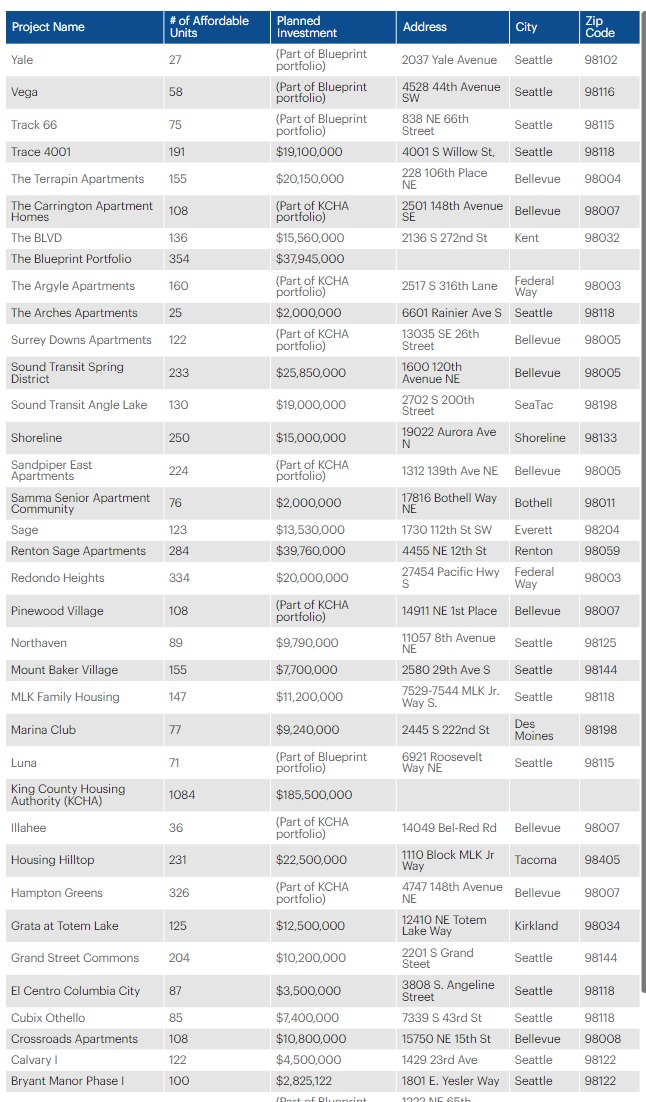As the Housing Equity Fund nears its $2 billion investment goal two years ahead of schedule, affordable housing developers wonder how Amazon’s commitment will evolve.
Three years after Amazon launched its Housing Equity Fund (HEF), the scope of its ambitious pledge is coming into focus. In January 2021, the tech giant promised to contribute $2 billion to create and preserve 20,000 units of affordable housing in select areas of the country. HEF leaders estimated they could reach those goals in five years. It only took them three.
To date, Amazon.com Inc. (Nasdaq: AMZN) has provided nearly $635 million in low-interest-rate funds to support the preservation or creation of more than 6,500 affordable homes and apartment units in the Puget Sound region, which works out to about one-third of the $2 billion promised across its three regional hubs.
“We launched the program with three goals,” said Alice Shobe, global impact executive at Amazon. “We wanted to move fast, scale quickly and support equity. Those targets made up our North Star.”
Developers say they have delivered on that promise.
“Amazon has funded deals that wouldn’t have been done without that money,” said Ben Maritz, principal of the for-profit affordable housing developer Great Expectations. “That means real apartments would not have been built without those funds.”
Shobe said no decision has been made on the program’s future and the fund continues to work with developers to provide more funds.
“In the near future, our plan is to complete the original goal,” she said. “We are very pleased with the impact of our contribution so far and we are working on next steps. Stay tuned.”
Maritz’s latest project, which he is co-developing with AOF/Pacific Affordable Housing Corp., is an example. The development partners are converting the vacated Sagebrook Senior Living Center assisted living facility into 108 units of affordable housing for those earning between 60% and 80% of the area median income.
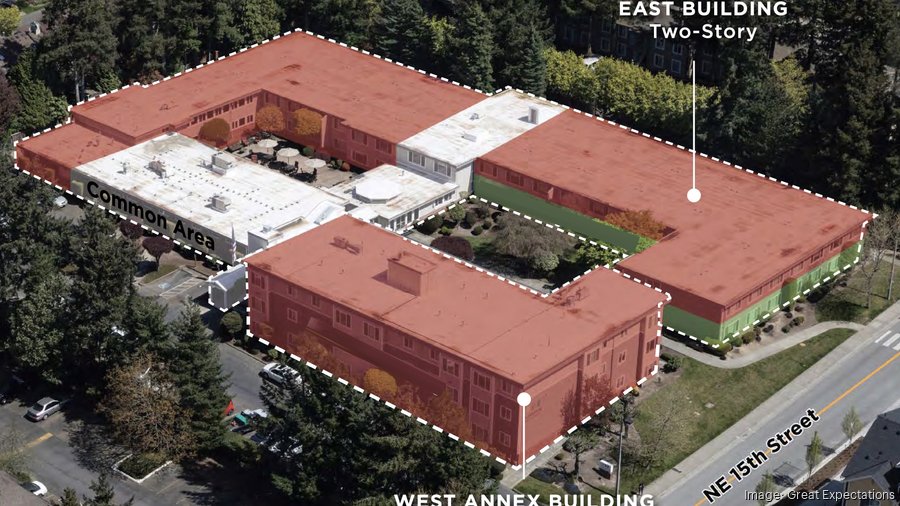
The project secured an $11 million loan from Amazon’s Housing Equity Fund.
“It’s not that we would have been able to do this with other types of funding,” Maritz said. “Without Amazon’s contribution, this would not happen.”
The planned Terrapin Apartments in the heart of Bellevue’s downtown district is another example. The project recently secured a $20.15 million Amazon loan.
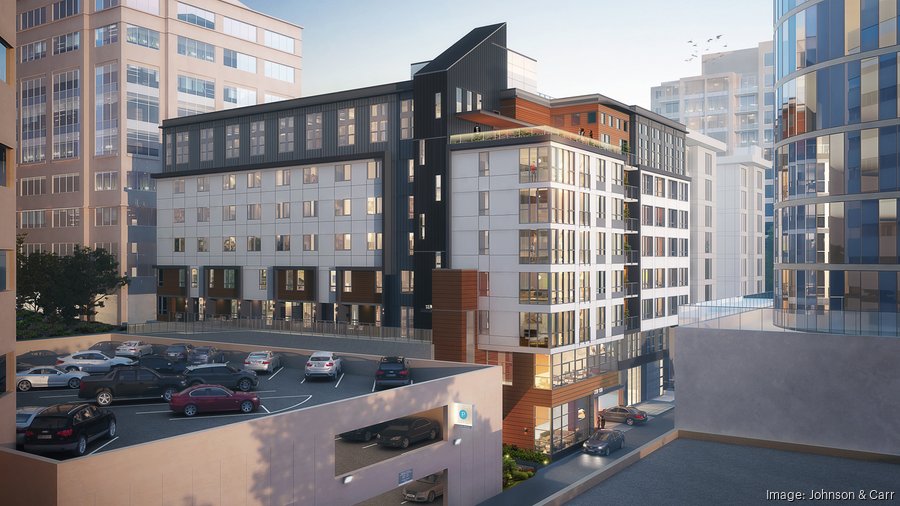
“Given the current market dynamics, it is now only with Amazon’s essential involvement that we can bring these 172 new homes to downtown Bellevue at this critical time,” Tyler Carr, president Johnson & Carr, said in a recent news release about the project. Johnson & Carr is developing the 172-unit affordable housing project which will be made affordable for those making 60% to 80% of the area median income, which is the equivalent of $61,530 to $82,040 in annual income, for 99 years.
Higher interest rates, inflation and the higher cost of construction have wreaked havoc in the commercial real estate development industry.
“The funding, especially for affordable housing, is cyclical,” Maritz said. “But the need for affordable housing is very constant.”
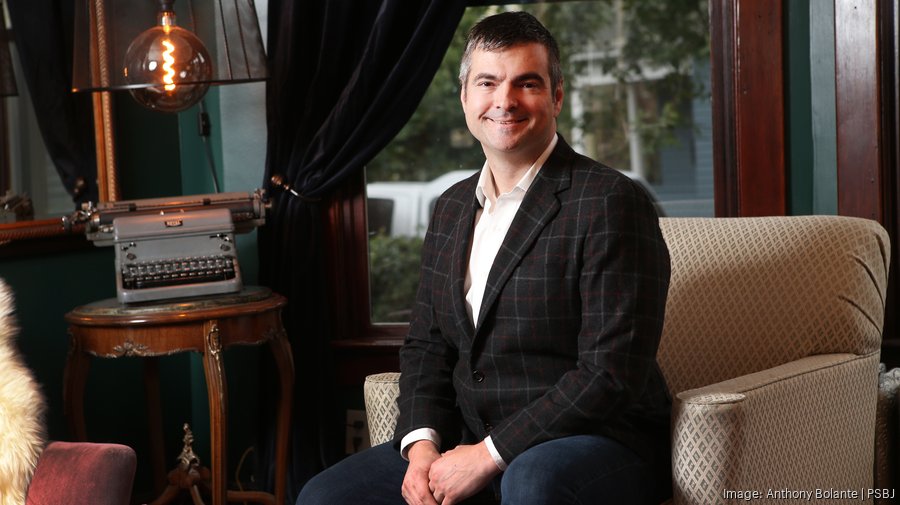
At the moment, it is very difficult to find low-interest funding, he said.
“Everyone is pulling back on the funding, which is fairly normal,” Maritz said. “The problem is that the need for housing continues.”
The interest rates on Amazon’s loan are about half of what other lenders are offering.
It’s not just the for-profit affordable housing developers that are benefiting. Amazon funds have also been essential for nonprofit housing developers such as the Low Income Housing Institute (LIHI).
“The lower interest-rate loans from Amazon help us fill in the gaps,” said Sharon Lee, executive director of LIHI.
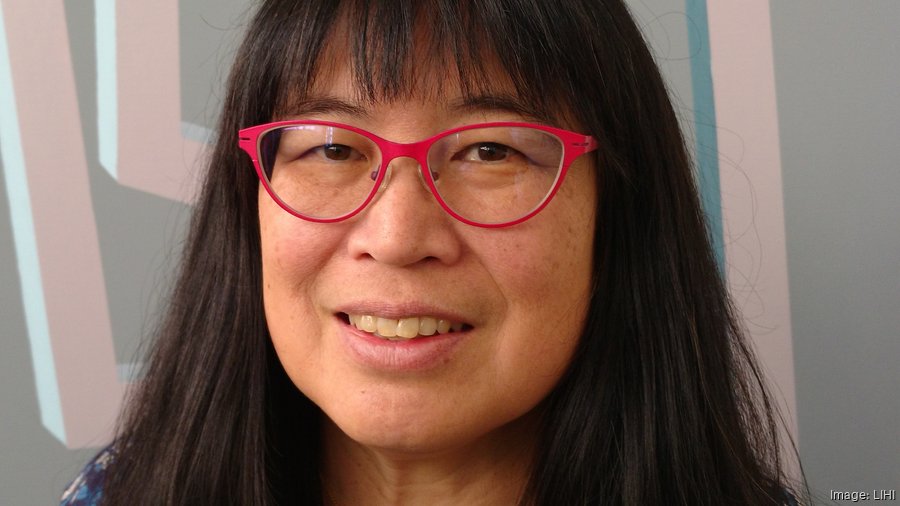
Without the help, the nonprofit would struggle with building ground-up multifamily developments in Seattle, especially given the high construction costs in the city, she said.
This month, LIHI secured a loan for $11.5 million for its planned 148-unit affordable housing project, a mixed-use apartment complex and early learning center at 7544 Martin Luther King Jr. Way S.
“Amazon has a very efficient process where we give them our pro forma and our budgets and they turn around a commitment in a very short time, which is very helpful for development,” she said.
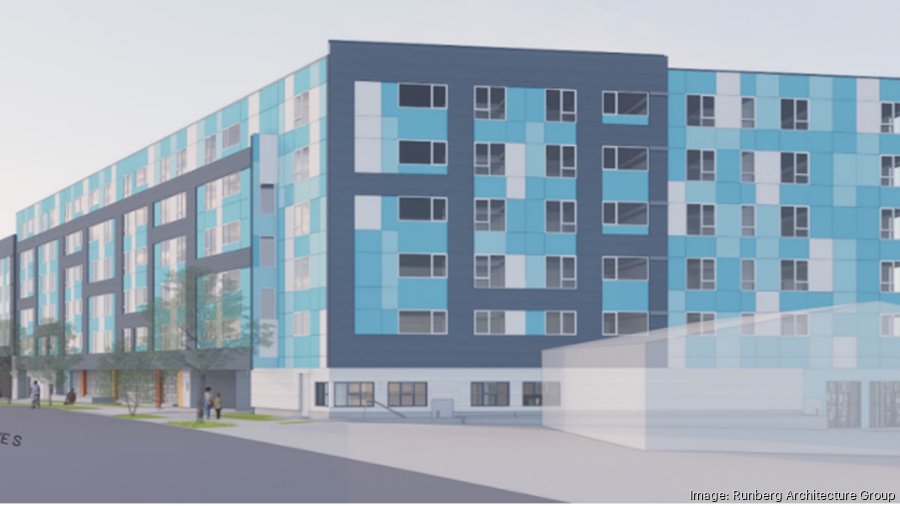
Notably, Amazon’s loans require a 99-year affordable housing commitment, Lee said.
“That is beyond the requirements of some of the other lenders,” she said.
Shobe said Seattle Chinatown International District Preservation and Development Authority’s planned 270-unit affordable housing development atop Beacon Hill is one of the company’s marquee developments. It is being constructed where Amazon once operated.
“That project is exciting for us,” she said. “I used to work on that site and I’m happy to see it being used for affordable housing.”
Related coverage
- Affordable housing project breaks ground in downtown Bellevue
- Housing project planned near future Shoreline light rail station
- Work begins on Amazon-backed housing project in South Seattle
- How Amazon’s community-focused pivot is shaping housing efforts
- Amazon helps finance $90 million Northgate housing development
In addition to ground-up projects, Amazon is also committed to the preservation of existing affordable housing.
“The Blueprint portfolio is a good example of how we helped to preserve existing housing,” she said.
The six-building, 354-unit Blueprint portfolio was acquired by SRM Development and the Urban League of Metropolitan Seattle in October 2022 for $94 million. At the time, the buyers said financial support from Amazon and the city made the transaction possible.
When the fund was launched, Amazon was stepping into uncharted territory, Shobe said. They weren’t exactly sure about the best way to go about funding more housing, so they just jumped in and started learning as they went along.
“The secret sauce was flexibility,” Shobe said. “We had a clear vision to help create more housing, mixed with urgency. Instead of having a preconceived notion about how to do this, we took it deal by deal with the desire to create as much housing as possible.
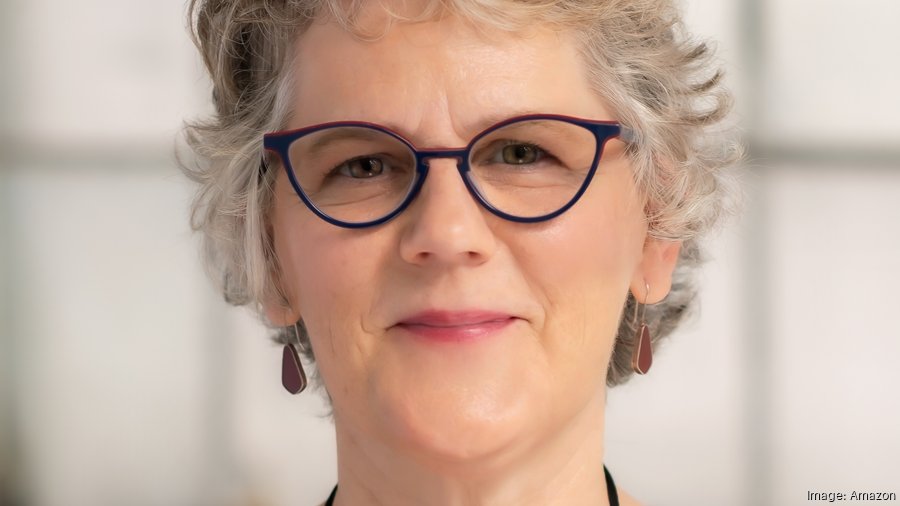
“We said to ourselves, ‘Let’s go and try to get 20,000 housing units funded over the next five years,’” Shobe said. “We wanted to go out and fund deals that wouldn’t get done otherwise.”
Now that Amazon has kept its lofty promise and paid out nearly all of the $2 billion it set aside for affordable housing, developers and affordable housing advocates are wondering whether or not Amazon will extend the commitment.
Lee and Maritz hope Amazon will continue to support multifamily housing deals in the Puget Sound region.
“We really need that corporate money to continue to build affordable housing,” Maritz said.



